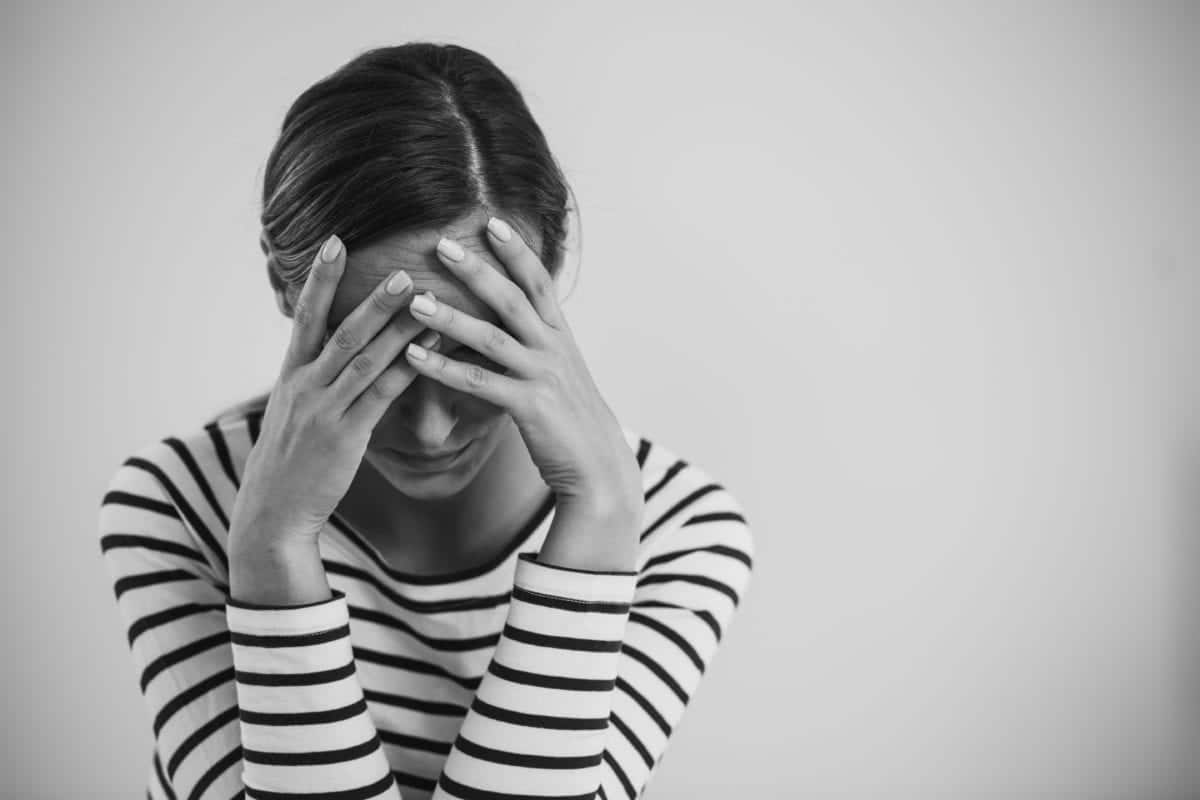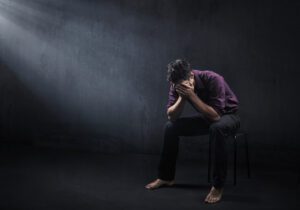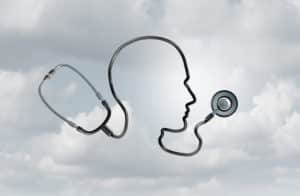Bipolar Disorder Depression episodes are more common than mania episodes.
While management options for bipolar disorder depression have come a long way, there are still only a handful available.
In this article, we’ll take a look at the common treatments offered for bipolar disorder depression.
These will include bipolar medications, psychotherapy and electroconvulsant therapy (ECT).
Bipolar Medications
There are a few different medications that are commonly used to treat bipolar depression.
The 3 most commonly used to treat bipolar depression are:
Mood Stabilizers
Mood stabilizers are typically prescribed to those suffering from bipolar disorder. These include lithium, lamotrigine and valproate. The aim of these drugs are to help improve a patient’s mood, behavior and social interactions.
Sometimes a mood stabilizer is all a patient needs to take to regulate bipolar disorder depression. In other cases, a different mood stabilizer or even another class of drugs may be needed.
Antidepressants
Antidepressants were developed specifically to help those suffering from unipolar or major depressive disorder. These drugs, however, are not as effective for treating bipolar depression.
Also, it is highly recommended that antidepressants not be the only medication given to someone with bipolar depression. This is because, when used by themselves in someone with bipolar disorder, antidepressants could trigger mania in some.
Antipsychotics
Antipsychotic drugs wuch as Seroquel (quetiapine) or Zyprexa (olanzapine) with or without Prozac (fluoxetine). These, and other antipsychotic drugs are typically prescribed if other medications aren’t effective in a patient. They can be prescribed along with a mood stabilizer or given alone.
Psychotherapy
Individual or group psychotherapy sessions are also used in the treatment of bipolar disorder depression.
Several kinds of therapies have been shown to be effective.
Cognitive behavioral therapy can help identify the triggers of bipolar depressive episodes. It can also help teach patients strategies for dealing with stress and coping mechanisms for upsetting situations.
Interpersonal and social rhythm therapy (IPSRT) works to help patients develop a consistent routine. It’s thought that those with bipolar disorder benefits from consistent daily routines for sleep, exercise and diet.
Electroconvulsant Therapy (ECT)
ECT is sometimes used to treat those who exhibit psychotic symptoms and suffer from severe bipolar depression.
It is also sometimes used to treat those who are determined to be at a high risk of suicidal behavior.
A procedure, Electroconvulsive therapy (ECT) is done under general anesthesia, where small electric currents are passed through the brain, intentionally triggering a brief seizure. This seems to cause changes in brain chemistry, with a goal of quickly reversing symptoms of specific mental health conditions.
While ECT may still cause some side effects, it is much safety today.








